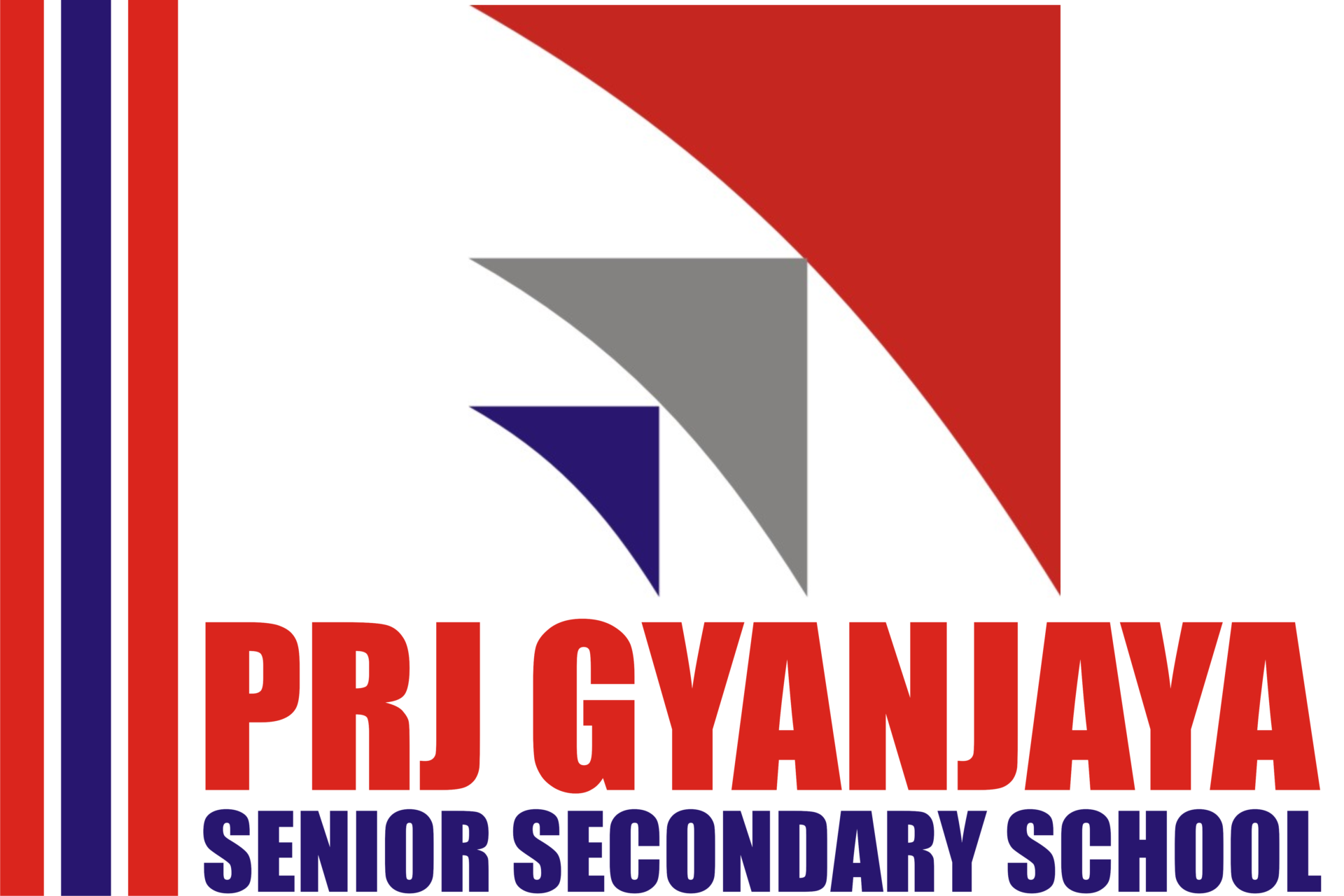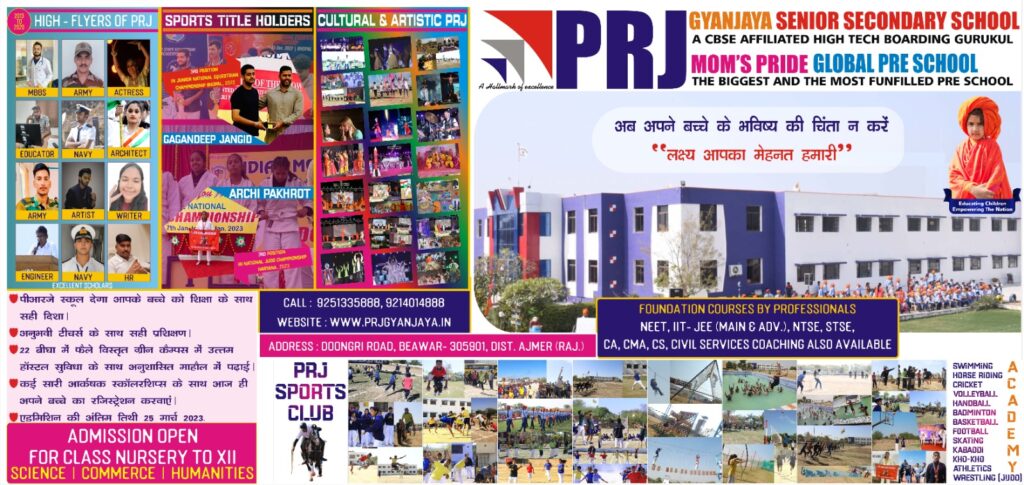Academics
Our Curriculum Overview
Curriculum & System
An activity-based curriculum has been designed keeping in view, the age group of the children in each class and their multiple intelligence.
It attempts to promote the overall personality of the child and plans to help each child and enjoy ones schooling and develop individual potential. The traditional emphasis laid on cramming and rote memorization had been dispensed.
The teaching and evaluation process for these classes is designed according to the Early Education Development
Programme (E.E.D.P) introduced by the C.B.S.E Education Board. The programme intends to help children grow, learn and develop physically, socially and emotionally.
The programme aims to make children feel wanted and loved in order to fulfill their emotional needs and help them adapt to the social environment. One of the primary purposes of the programme is to inculcate positive values through storytelling, dramatization, narration, enactments, excursions and other such activities.
The programme focuses on development of cognitive skills, creativity and imagination. It aims to enhance communication skills of the learner and help in his holistic development and make the entire process of learning an enjoyable experience.
The teachers evaluate the performance of the child continuously throughout the year in various areas of learning
and prepare a checklist for the same, after the completion of a particular activity.
- As per CCE introduced by the CBSE, the whole evaluation system has been restructured. It aims to provide
holistic education which lays equal emphasis on all aspects of a child’s personality. Testing is done in
scholastic, co-scholastic and co-curricular areas. The whole academic session is divided into two assessments.
Each term consists of two Formative Assessments including cycle Unit Tests for all subjects. - First Term – FA 1 (10 %) + FA 2 (10%) + SA 1 (30%) = 50%
- Second Term – FA 3 (10 %) + FA 4 (10%) + SA 2 (30%) = 50%
- Areas of Scholastic, Co-Scholastic and Co-Curricular Assessment
- Formative Assessments (FA):-Project, Quiz’s, Research Work, Assignments / CW / HW, MCQ, Class
Participation, Group Discussion. - Summative Assessments (SA) :- Written Examination (MCQ, Short Answers, Long Answers)
- Life Skills, Work Education, Visual and Performing Arts, Attitude towards Teachers, School Mates, School
Programmes, Environment and Value system. - Literary and Creative Skills, Scientific Skills, ICT Skills, Clubs, Physical and Health Education.
Methodology
The teaching and evaluation process for the Pre-Primary, and classes I & II is designed according to the Early
Education Development Programme (E.E.D.P) introduced by the C.B.S.E Education Board. The programme intends
to help the child grow, learn and develop physically, socially and emotionally. There are no formal tests and the
child is evaluated on the basis of his/her day-to-day performance to check the child’s clarity of concepts.
The programme aims to make children feel wanted and loved in order to fulfill their emotional needs and help them
adapt to the social environment. One of the primary purpose of the programme is to inculcate positive values
through storytelling, dramatization, narration, enactments, visits and other such activities. The programme focuses
on development of cognitive skills, creativity and imagination. It aims to enhance communication skills of the
learner and help in his holistic development and make the entire process of learning an enjoyable experience.
Evaluation
The teachers evaluate the performance of the child continuously throughout the year in various areas of learning
and prepare a checklist for the same, after the completion of a particular activity.
Evaluation is graded and intimated to the parents in the form of a remark sheet after every unit.
Teacher Training programme.
The importance of Training programme is to enhance the knowledge of teachers. So, now and then, we conduct
workshops and seminars for the teachers, who will be boosted to motivate the students to achieve their goals. We make sure that twice in a year, the programme is being conducted and also we evaluate and get the feedback from it.
Teacher Training and School Education programme enables the teachers who have little or some teaching experiences, with technology tools and effective pedagogy techniques to make the teaching-learning experience in the classroom effective and enjoyable.
We leverage our expertise in providing resources, ideas, professional advice and techniques for teachers, to make
the teaching and learning process effective.
We strongly believe in ensuring that teachers acquire a higher order of teaching-learning methods, critical thinking, problem solving and creative skills by harnessing the power of integrated technologies and methodologies.
Academic Facilities
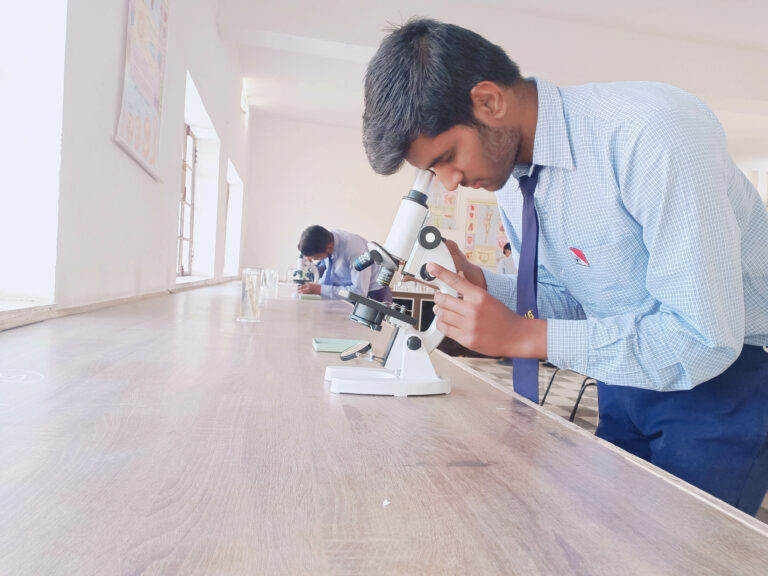
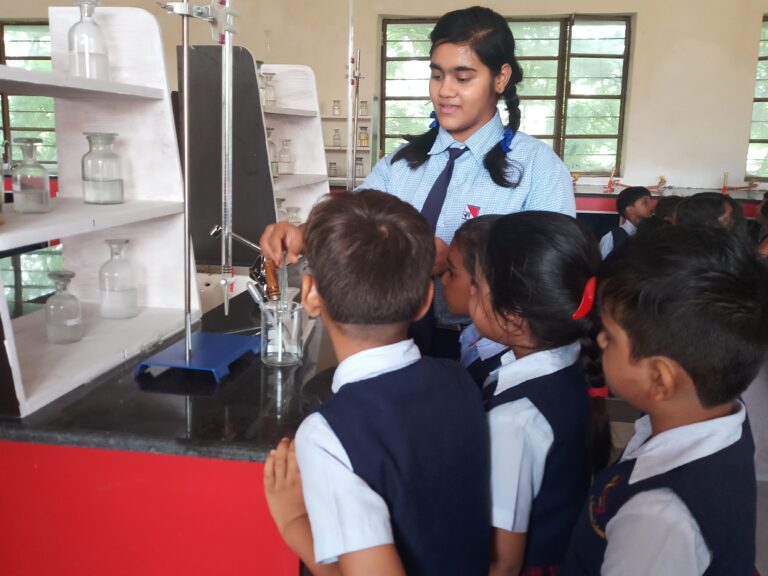
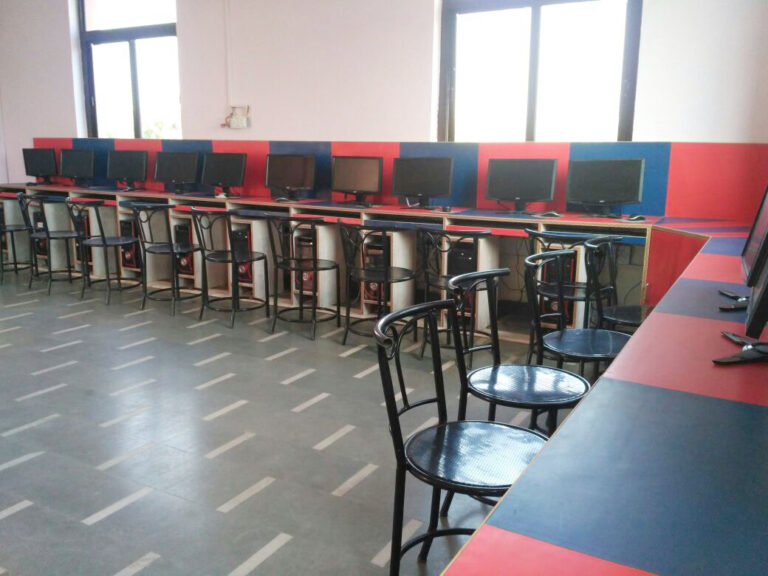
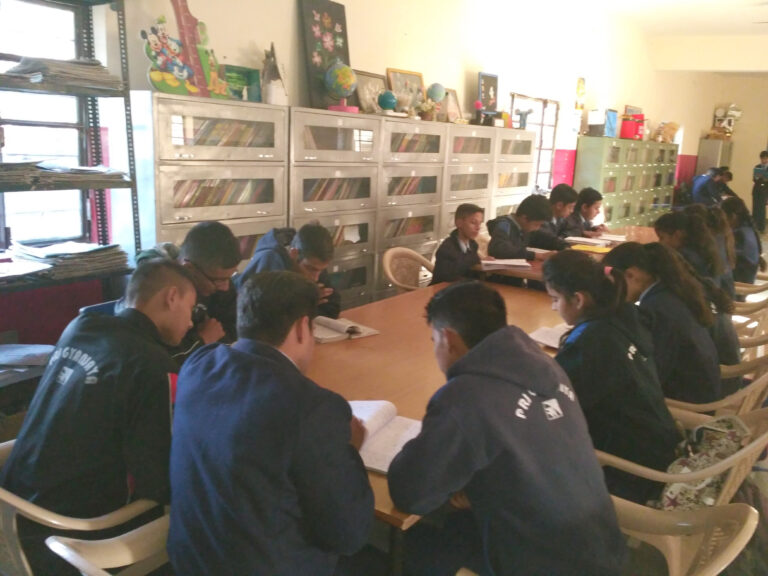
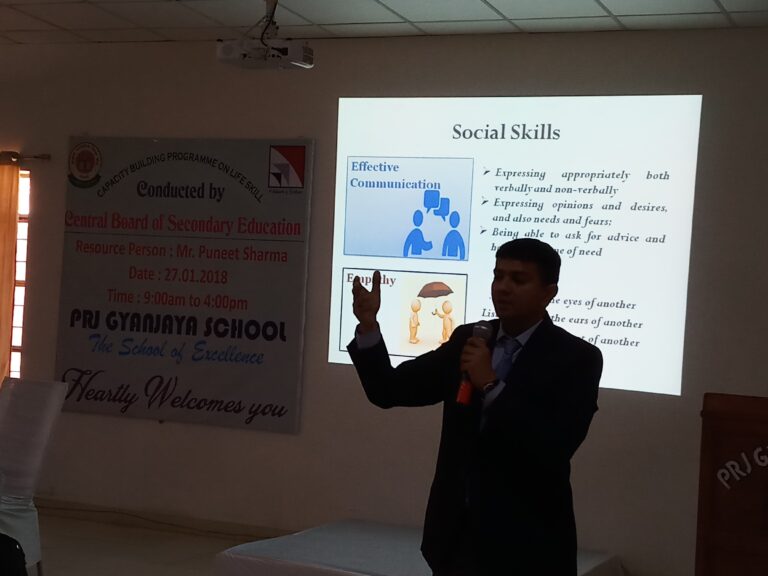
Collaborate with



